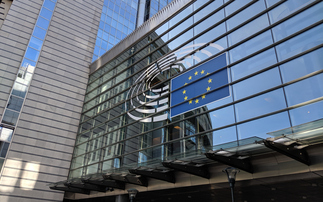
Although Facebook has faced many lawsuits over personal data collection in the past, this is the first time Zuckerberg has been sued personally
The lawsuit claims Zuckerberg directly participated in key decisions and was aware of the risks of sharing users' data.
Washington, D.C attorney general Karl Racine has filed a lawsuit against Facebook founder Mark Zuckerberg, claiming that he was personally responsible for the data breach scandal involving the now-...
To continue reading this article...
Join Computing
- Unlimited access to real-time news, analysis and opinion from the technology industry
- Receive important and breaking news in our daily newsletter
- Be the first to hear about our events and awards programmes
- Join live member only interviews with IT leaders at the ‘IT Lounge’; your chance to ask your burning tech questions and have them answered
- Access to the Computing Delta hub providing market intelligence and research
- Receive our members-only newsletter with exclusive opinion pieces from senior IT Leaders




















